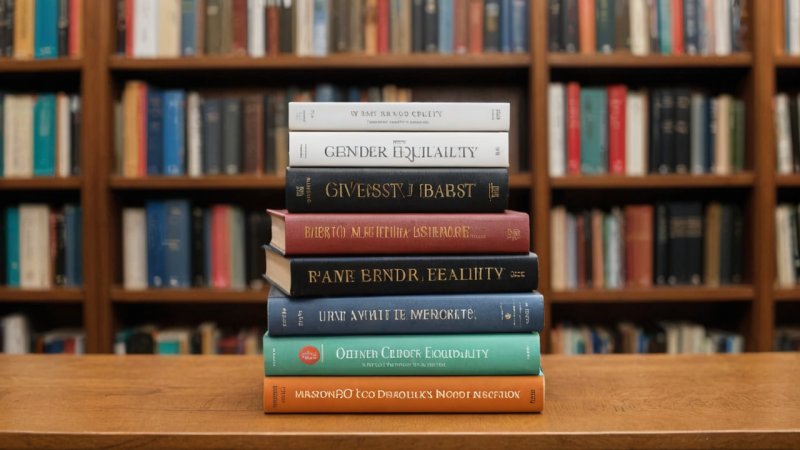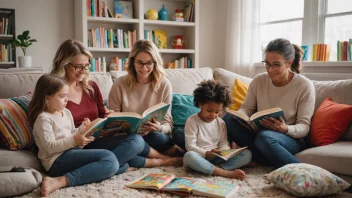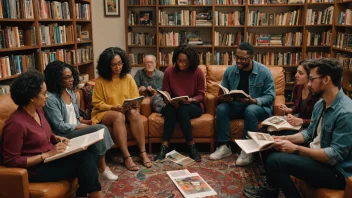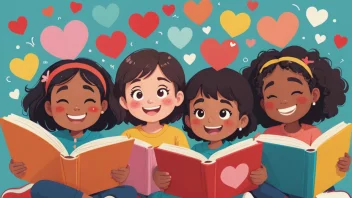What is the role of non-fiction in challenging gender norms?
Non-fiction plays a crucial role in challenging gender norms by providing factual accounts, personal narratives, and sociological analyses that expose the limitations and constructs of traditional gender roles. Through essays, biographies, memoirs, and sociological studies, non-fiction writers can articulate the experiences of marginalized groups, question prevailing stereotypes, and advocate for change.
Can you give examples of non-fiction books that challenge gender norms?
- "We Should All Be Feminists" by Chimamanda Ngozi Adichie: This essay draws on the author's experiences to explore what feminism means today.
- "Men Explain Things to Me" by Rebecca Solnit: A collection of essays that addresses the silencing of women and the importance of listening to their voices.
- "The Second Sex" by Simone de Beauvoir: A foundational text that analyzes women's oppression and discusses the construction of gender roles.
- "The Gendered Brain" by Gina Rippon: This book debunks myths about gender differences in the brain and discusses the implications for society.
How does personal narrative in non-fiction contribute to gender discourse?
Personal narratives in non-fiction allow individuals to share their unique experiences and perspectives, fostering empathy and understanding. When readers encounter stories that reflect lives outside their own, it can prompt them to rethink their beliefs about gender norms. These narratives often illustrate the emotional and psychological impacts of societal expectations, thereby humanizing the discourse surrounding gender issues.
What impact does non-fiction have on societal perceptions of gender?
Non-fiction has a significant impact on societal perceptions of gender by educating readers about the complexities of gender identity and expression. Through factual information and compelling storytelling, non-fiction can challenge misconceptions, promote inclusivity, and encourage readers to question their biases. As more people engage with these texts, the potential for societal change increases, leading to a more nuanced understanding of gender.
Are there specific genres of non-fiction more effective in challenging gender norms?
While all genres of non-fiction can contribute to challenging gender norms, certain genres like memoirs, essays, and sociological studies tend to be particularly impactful. Memoirs provide intimate insights into individual experiences, while essays allow for critical reflection on broader societal issues. Sociological studies often provide empirical evidence that can support claims against traditional gender norms, making them effective tools for advocacy and education.
How can readers engage with non-fiction that challenges gender norms?
- Join a Book Club: Participate in discussions about non-fiction texts that address gender issues to deepen your understanding.
- Attend Lectures and Panels: Look for events featuring authors or experts discussing gender norms and the impact of their work.
- Write Reviews or Essays: Engage critically with the material by writing about your reflections and insights on what you've read.
- Share on Social Media: Promote impactful non-fiction books and discussions on your platforms to inspire others.
What should educators consider when incorporating non-fiction about gender into their curriculum?
Educators should consider the diversity of voices and experiences represented in non-fiction texts. Including works from authors of different backgrounds—such as race, class, sexuality, and ability—will provide students with a richer understanding of gender norms. Additionally, educators should create an environment that encourages open dialogue, allowing students to express their thoughts and challenge their own perceptions.
In conclusion, non-fiction serves as a vital tool in challenging traditional gender norms by providing insights into personal experiences, promoting critical discussions, and fostering societal change. Through engaging with various non-fiction works, readers can expand their understanding of gender and contribute to a more inclusive world.






